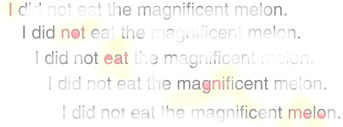

 |
Greg Kochanski |  |
The idea of composting one's organic leftovers has been around in Green circles for decades. It's a good idea from the viewpoint of leaving land untouched. It's also good to minimize the use of fertilizers, which can get into rivers and lakes and mess with their ecology. Unfortunately, it's now the wrong thing to do.
The trouble is, if you compost something, most of its carbon is converted back to CO2 within a year or so. So every tonne of stuff you compost, almost immediately adds about a tonne of CO2 to the atmosphere. Global warming rears its ugly head.
Better to bury it in a well-designed landfill, where it can sit for decades. That will at least delay the CO2 problem.
Even better is to put it into a landfill, designed to produce and collect methane. Then, you can capture much of the carbon into CH4, pipe it away, and burn it for fuel. When you burn it, it goes back to CO2, of course, but the resulting energy can be captured and put to good use. It can replace a certain amount of oil or coal consumption.
The net result is that for each tonne of stuff (cardboard boxes, grass clippings, shrubs, food waste), you get a fraction of a tonne of methane, which can replace a fraction of a tonne of coal or oil.
So, go green, stop composting, and get your local authority to re-think their landfills. There's a US program to do this already.
(Of course, some of these arguments could be used to support incinerators, too...)
| [ Papers | kochanski.org | Phonetics Lab | Oxford ] | Last Modified Sat Nov 29 11:34:20 2008 | Greg Kochanski: [ Home ] |